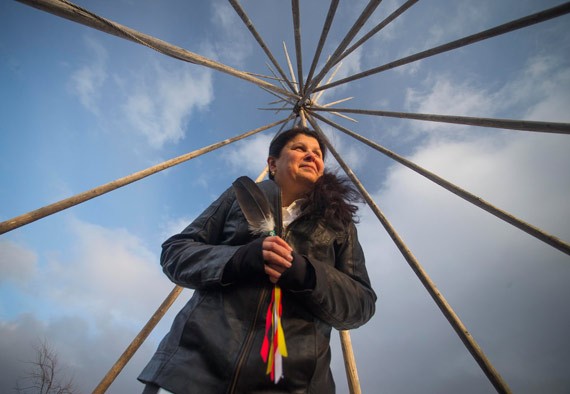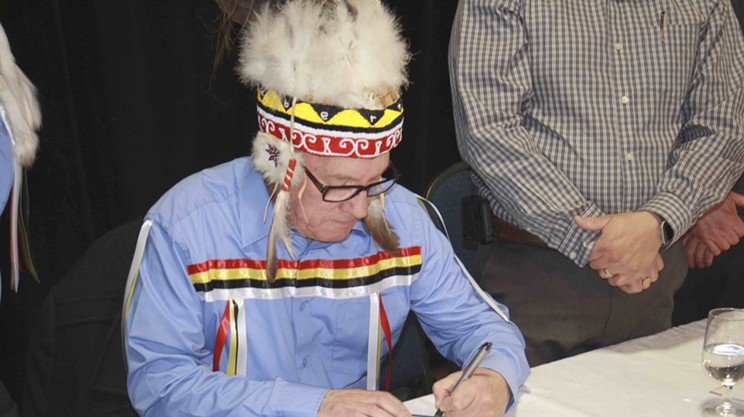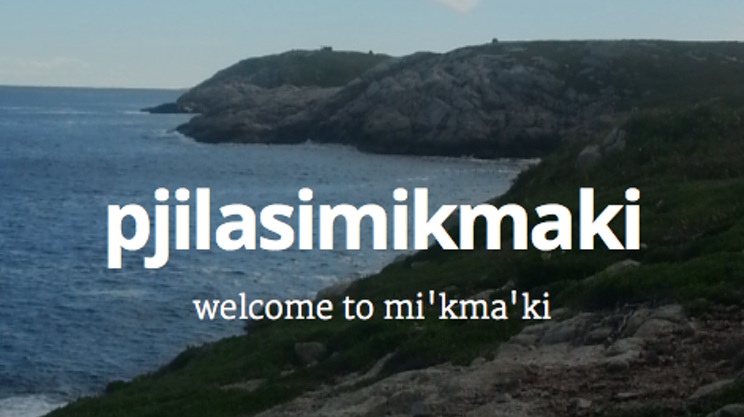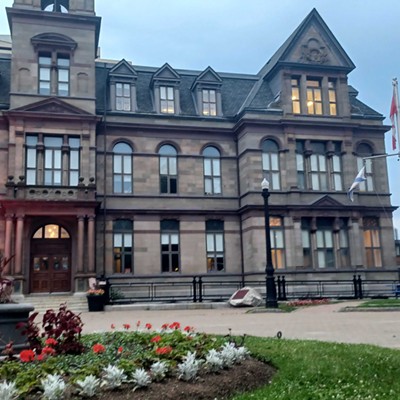
These days, Natalie Doucette has been on the road more than she’s used to. With 24 years of experience working with Mi’kmaw Family and Children’s Services under her belt, Doucette recently became the province’s first Mi’kmaw child welfare specialist.
Doucette’s work includes a regular commute between offices in Sydney and the Mi’kmaq community of Eskasoni. She’s still in transition since taking on her new position at the beginning of January, but soon she’ll be making stops to 13 First Nations communities across the province.
“I’m basically doing the same thing as my [child welfare] counterparts,” says Doucette. “I will also be ensuring the cultural piece comes in—making sure the programs are more culturally sensitive and culturally relevant to the Mi’kmaq.”
About an hour’s drive from Sydney on the Bras D’or Lake sits Potlotek First Nation, where Doucette spent most of her childhood. Her father, Noel Doucette, was a Mi’kmaq chief and survivor of the Shubenacadie Indian Residential school.
“Anything that was going on, he was always there,” Doucette says of her father. “At Christmastime, he used to try to make sure all the kids had gifts.”
A driving force in the community, Noel helped found Mi’kmaw Family and Children’s Services. He was also active in politics, eventually leading the way for the closure of the school he was once forced to attend.
“I think the work he did inspired everybody—not just myself,” says Doucette. “He was quite a remarkable man.”
Doucette recalls the difficulties she and her siblings faced when they attended an off-reserve school with only English-speaking teachers.
“While two-thirds of the population in school was Mi’kmaq...we still had to speak English,” she says.
As a result, the children in Doucette’s family “quit” speaking their own language. Although Doucette didn’t completely lose her tongue—she still understands Mi’kmaq when it’s spoken to her—she says she only speaks the language when she has to. She hopes her new position will help prevent that kind of culture loss from happening to younger generations.
“With the creation of this job, the plan is to have cultural safety plans in place for each child in care,” says Doucette. “The opportunity is there for them to remain in their own community or with their own family.”
Nowadays Doucette is seeing a “cultural awakening” in indigenous communities, and within herself. Pow wows, for instance, have become more prevalent in recent years.
“When I was a child growing up, I don’t remember there being pow wows. I don’t remember there being sweats.”
It’s a resurgence Doucette sees of people turning to their own culture as a way of healing.
“We realize that we really have to do it now, because if we don’t, our Mi’kmaq culture stands to be wiped out,” she says. “We stand to be assimilated totally—and we can’t have that.”

















